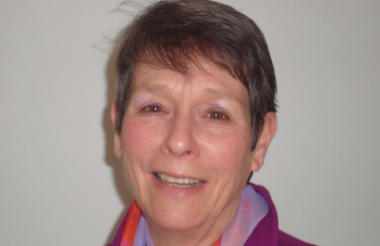Some trustees are guilty of “dysfunctional politeness” because they fear appearing disruptive at board meetings, according to the chair of the Association of Chairs, Ruth Lesirge.
“There is a reluctance to challenge for fear of being seen as aggressive or disruptive or destructive or overly negative,” she told Civil Society News. “It’s that ‘I didn’t want to ask, because I didn’t want to appear to be stupid or because I didn’t want to appear to be criticising the chief executive’ or ‘I thought maybe I’d missed it and didn’t want to waste other people's time’.
“Sometimes trustees in my experience are reluctant to say that they have forgotten what was said or that they don’t understand. It’s a kind of unwillingness to stop the proceedings in case they are the only one who didn’t understand or may not have remembered.”
Chair's should 'enable the idiot question'
The problem, says Lesirge, is magnified by fact that some boards meet just four to six times a year.
“They may not know people on the board terribly well and it’s an inhibitor,” she said. “It’s a perfectly normal response which is magnified when people don’t meet that often and may not know each other terribly well.
“It’s problematic. Being on a board is just one part of most people’s life. And certainly in my experience, trustees are very willing to commit and to commit seriously to the role of trustee. But they don’t necessarily have an enormous amount of time to carve out for doing that. So there’s a bit of a dilemma. But it is important that trustees feel at ease with each other to talk constructively, even when they don’t meet terribly often. And that isn’t easy.”
As a result, says Lesirge, an important function of the chair is to “enable people to be able to ask the idiot question”.
“Because, if it’s in one person’s mind, it will be in the mind of others and it’s usually a very productive question to ask.”
Lesirge added that trustees and boards are “taking a reputational hammering in the press”, which is both “dispiriting” for trustees and a “disincentive for people to volunteer as trustees in the long term”.
“As a strategy, it’s not going to improve governance,” she said.









